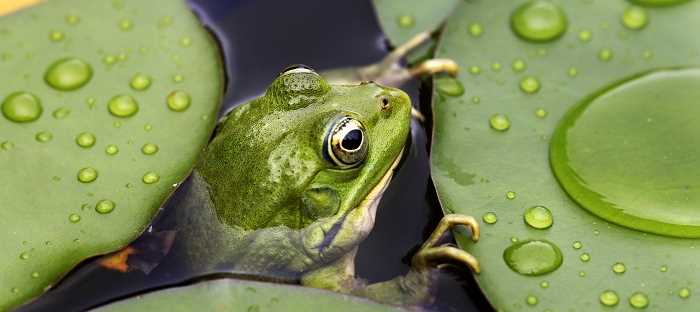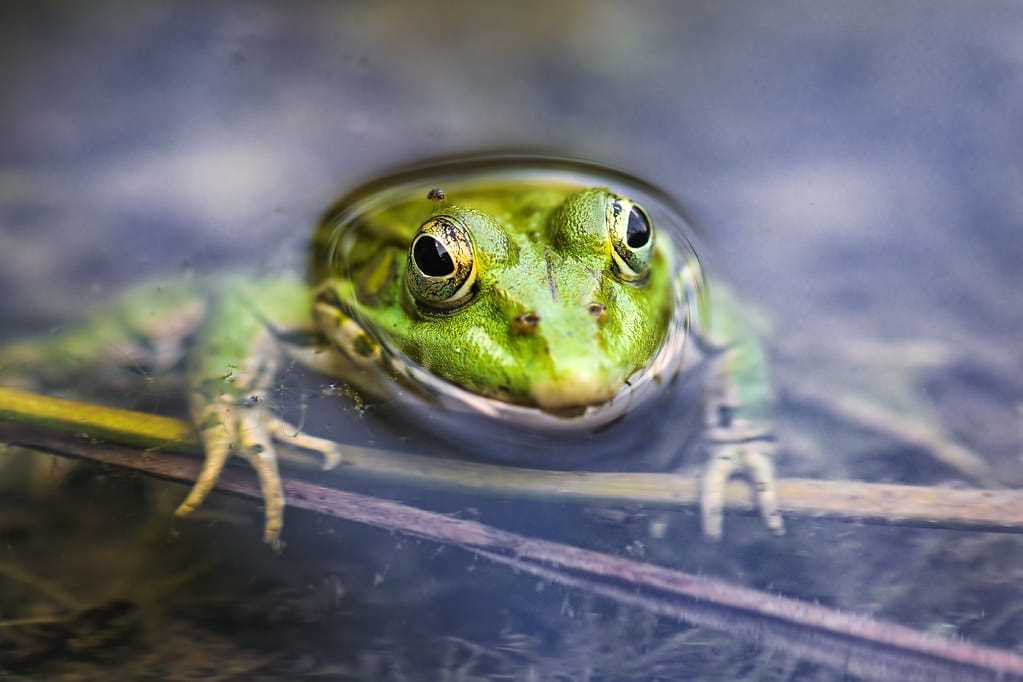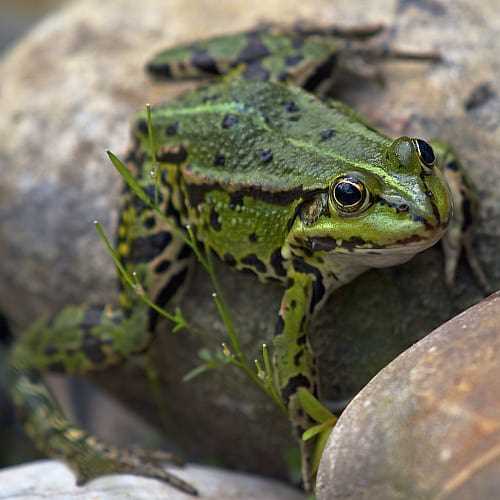
Firstly, frogs can significantly enhance plant growth in your garden. This is due to their diet, which mainly consists of insects. Frogs are natural predators of pests such as slugs, snails, mosquitoes, and various other insects that can damage or even kill your plants. By consuming these pests, frogs help to maintain a healthy ecosystem in your garden, allowing your plants to thrive.
The Good of Frogs: Natural Pest Control
1. Mosquito Control

2. Slug and Snail Control
Slugs and snails are notorious garden pests that can wreak havoc on your plants. These slimy creatures can devour leaves, flowers, and fruits of many plants overnight. However, frogs are skilled hunters and have a great appetite for slugs and snails. By providing a habitat for frogs in your garden, you can effectively control these pests naturally, without the need for harmful chemicals.
3. Insect Control

Frogs are opportunistic feeders and will consume a wide variety of insects that may be damaging to your garden. They will feast on flies, beetles, grasshoppers, and many other garden pests that can cause damage to your plants. By promoting a healthy population of frogs in your garden, you can have a natural defense against garden insects.
The Benefits of Increased Biodiversity in Your Garden
Gardens are a great place for increased biodiversity. When you have a variety of plants and animals in your garden, it creates a healthy and balanced ecosystem.
Increased biodiversity can lead to a more resilient garden. When you have different species of plants and animals, you are less likely to be affected by pests or diseases that target specific species. This means that your garden has a better chance of thriving and staying healthy.
Having a diverse range of plants and animals in your garden can also improve the overall health of the environment. This is because different species have different roles and functions. Some plants, for example, may help improve soil quality, while others attract beneficial insects like bees and butterflies. These insects then help with pollination, which is essential for the reproduction of many plants.
Increased biodiversity can also have aesthetic benefits. Having a diverse array of plants can create a visually stunning garden, with different colors, shapes, and textures. This can make your garden a more enjoyable place to spend time.
Furthermore, increased biodiversity in your garden can serve as a mini ecosystem. It can attract a range of animals, from birds to insects to small mammals. This can create a balanced food web, which can help control pests naturally. For example, birds may eat insects that would otherwise damage your plants.
The Role of Frogs in Nutrient Cycling in Your Garden
Frogs can play a significant role in nutrient cycling in your garden. Nutrient cycling refers to the process by which nutrients are transferred and recycled within an ecosystem. This process is essential for maintaining the health and fertility of the soil, which is crucial for the growth of plants.
Frog Waste as Fertilizer
One of the ways frogs contribute to nutrient cycling is through their waste. Frog waste, or frog droppings, are rich in nitrogen, phosphorus, and potassium, which are essential nutrients for plant growth. When frogs excrete waste in your garden, these nutrients are released into the soil.
The nutrients in frog waste are readily absorbed by plants, promoting their growth and development. This natural fertilizer provided by frogs can reduce the need for chemical fertilizers in your garden, making it more environmentally friendly.
Frog Prey as Decomposers
Frogs also indirectly contribute to nutrient cycling by feeding on insects and other small organisms in your garden. These prey animals are often decomposers, meaning they break down dead organic matter into simpler forms that can be absorbed by plants.
When frogs consume these prey organisms, they help speed up the decomposition process. The nutrients released from the decomposition of organic matter become available for uptake by plants, further enhancing nutrient cycling in your garden.
Biodiversity and Ecosystem Balance
The presence of frogs in your garden not only promotes nutrient cycling but also supports overall biodiversity and ecosystem balance. Frogs are part of a diverse food web, where they serve as both predators and prey.
By maintaining a healthy population of frogs, you can help control the population of insects and other small organisms that may become pests in your garden. This natural pest control reduces the need for harmful pesticides, which can be detrimental to the environment.
Furthermore, frogs also attract other wildlife, such as birds, that feed on them. This creates a balanced ecosystem where different species coexist and contribute to the overall health of your garden.
Pollination Assistance in the Garden: The Role of Frogs
Frogs, often overlooked in the context of pollination, can actually play an important role in assisting with this crucial process in the garden. While bees and butterflies are commonly recognized as key pollinators, frogs also contribute significantly to the transfer of pollen between flowers.
Garden Variety: Frogs are attracted to gardens that provide them with their essential needs, such as a water source, shelter, and suitable food. By creating a welcoming environment for frogs, gardeners can ensure that these amphibians make their homes nearby and participate in the pollination process.
Diverse Pollinators: With their unique movement patterns and foraging habits, frogs bring diversity to the pool of pollinators within a garden ecosystem. Having multiple pollinators, including frogs, increases the chances of successful pollination for a variety of flowering plants, ultimately leading to abundant harvests and a balanced ecosystem.
The Importance of Frogs in the Garden: By encouraging frogs to thrive in your garden, you are supporting not only their survival but also the overall health and productivity of your plants. The presence of frogs ensures that flowers are effectively pollinated, resulting in the production of fruits, seeds, and new plants. This, in turn, contributes to the biodiversity and sustainability of the garden ecosystem.
Conclusion: While bees and butterflies may dominate the conversation on pollination, frogs should not be overlooked. These often underappreciated creatures have an important role to play in ensuring the success and productivity of your garden. By creating a frog-friendly environment, you can welcome these helpful amphibians and reap the benefits of their pollination assistance.

I’m Lena Adams—a product of an unconventional upbringing in the African wilderness. My father, a daring explorer of African wildlife, sparked my fascination with reptiles, a passion that intertwined with the tragic loss of my mother during an expedition, leaving an indelible mark on my life. Driven to understand the creatures that captivated my parents, I embarked on my journey, sharing insights about reptiles, frogs, and lizards on my website. Through my explorations and conservation efforts, I honour my family’s legacy while seeking connections—to the creatures, nature, and the mother whose presence I yearn to understand.
